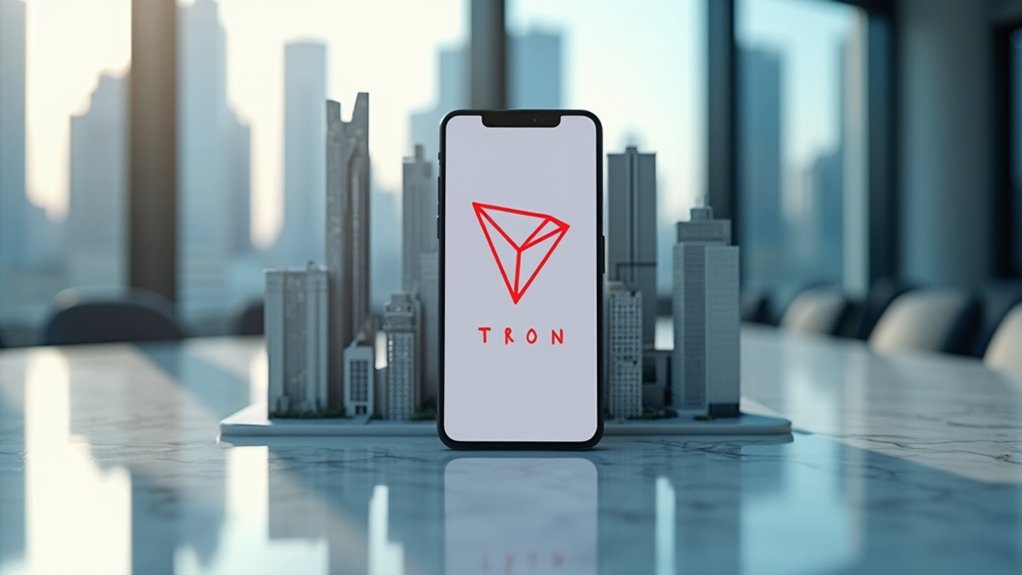After seven years of operating as the dominant NFT marketplace without a native token, OpenSea has finally decided to join the crypto governance party with the launch of its SEA token alongside a new mobile application—a move that simultaneously acknowledges the platform’s need to retain users in an increasingly competitive landscape while raising the inevitable question of whether tokenizing everything that moves has become the default response to declining market share.
The SEA token ostensibly serves as a governance mechanism, empowering community decision-making on platform rules and development directions while promising to “redefine NFT governance by integrating community power into strategic choices”—though one might wonder how much genuine power will actually transfer from the corporate boardroom to token holders armed with voting rights and noble intentions.
Perhaps more intriguingly, OpenSea has allocated 50% of platform fees to a $1 million Flagship NFT vault functioning as a user reward pool, stocked with culturally significant assets including CryptoPunk #5273 and collections from Bored Ape Yacht Club and Pudgy Penguins.
OpenSea dangles million-dollar digital carrots—CryptoPunks and Bored Apes—as participation prizes for an increasingly restless user base.
Users can access these rewards through “Treasure Chests” mechanics, with levels increased by trading activity and completing daily quests—essentially gamifying the marketplace experience while dangling high-value digital assets as participation trophies. This gamification approach taps into the same community hype dynamics that drive meme coin valuations, transforming trading participation into a culturally engaging experience.
The platform’s fee structure sets charges at 1% for NFT sales and 0.85% for token trades, with half flowing to the prize vault. This revenue-sharing model attempts to balance platform sustainability with user incentives, though the vault’s effectiveness remains tied to trading volumes that have proven notoriously volatile in NFT markets.
The mobile app launch incorporates AI-powered tools and multi-chain trading across 19 blockchains, suggesting OpenSea recognizes that accessibility and cross-chain functionality represent competitive necessities rather than optional upgrades. The app development focuses on integrating on-chain trading with traditional NFT marketplace functionality to create a more streamlined experience for users.
Beta testing commenced mid-September, with broader rollout planned for coming weeks.
SEA tokenomics details remain forthcoming in early October, marking the final stage before the Token Generation Event. The timing coincides with a pre-TGE rewards phase that began September 15, allowing users to accumulate chests before token launch—because nothing builds anticipation quite like allowing people to earn rewards they cannot yet claim.





